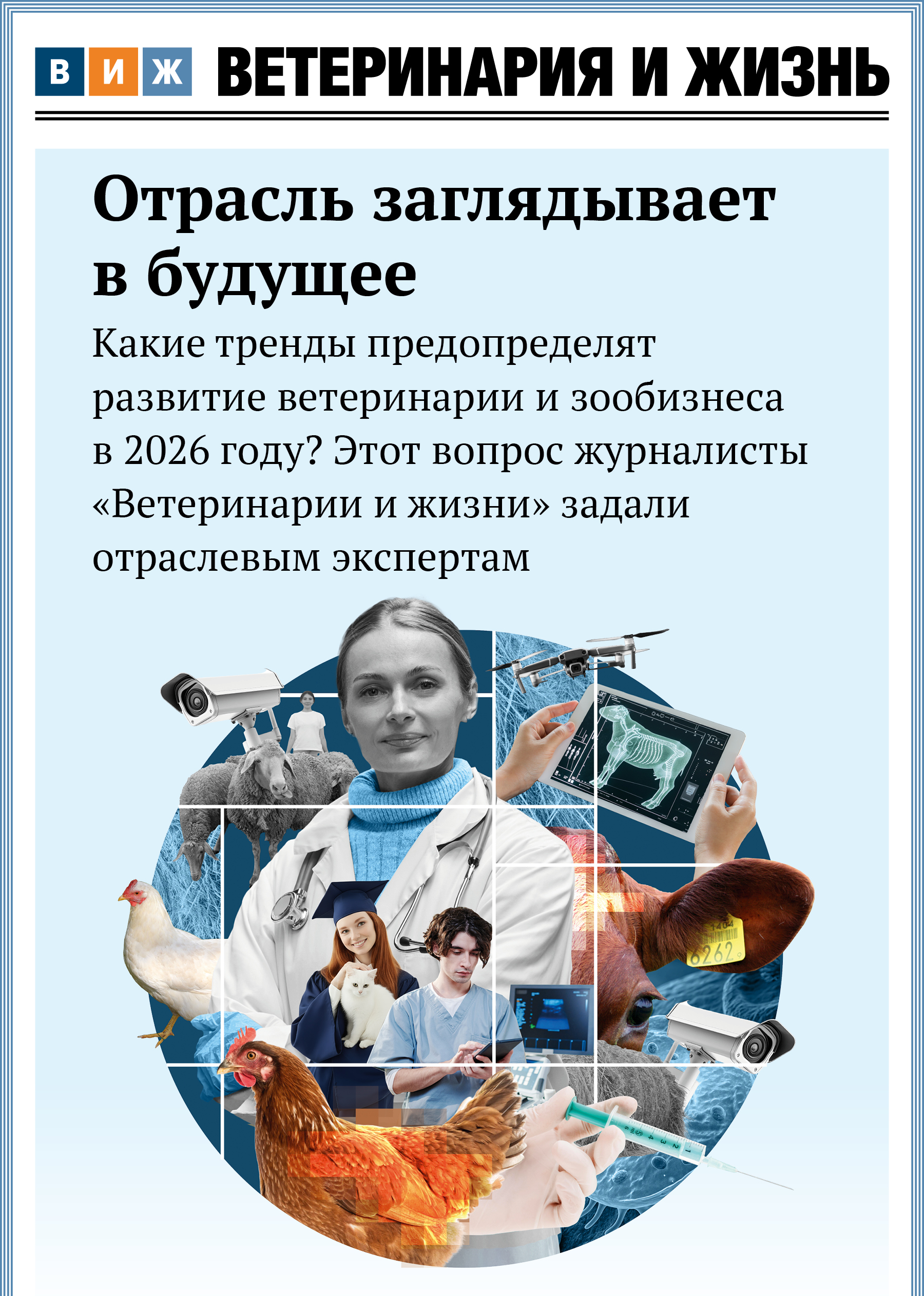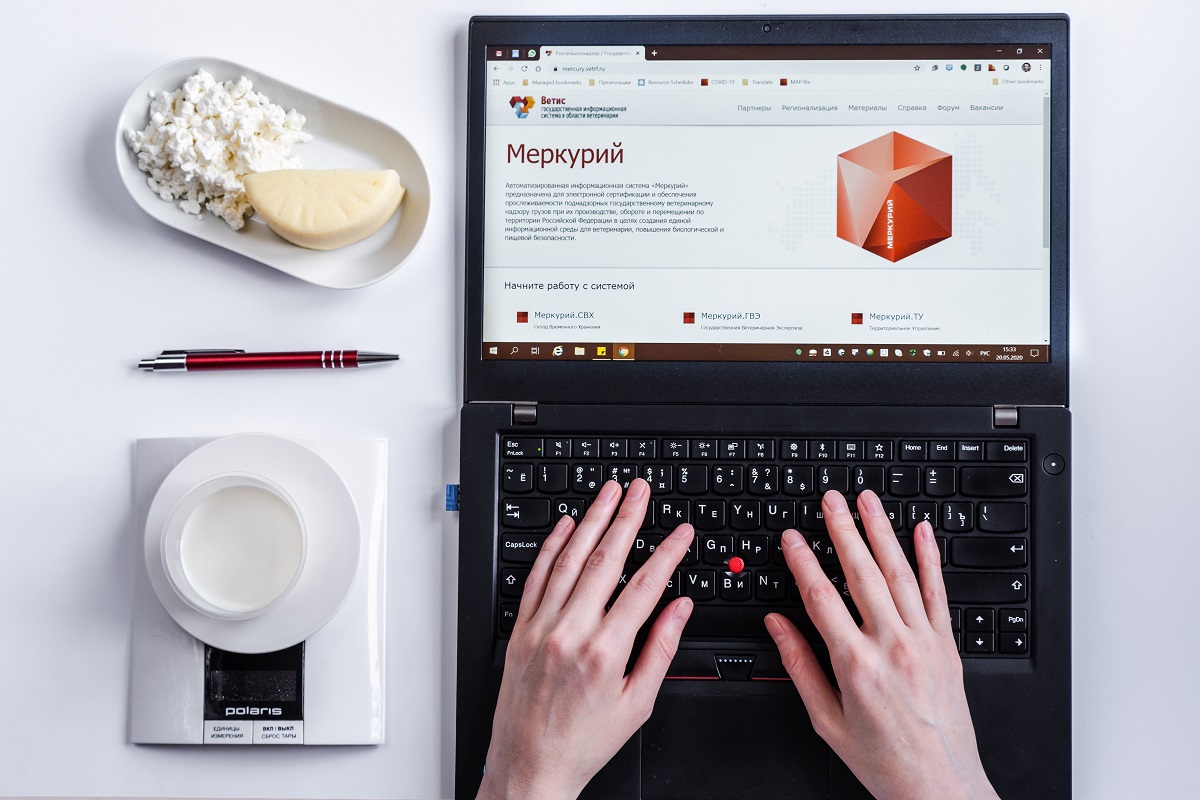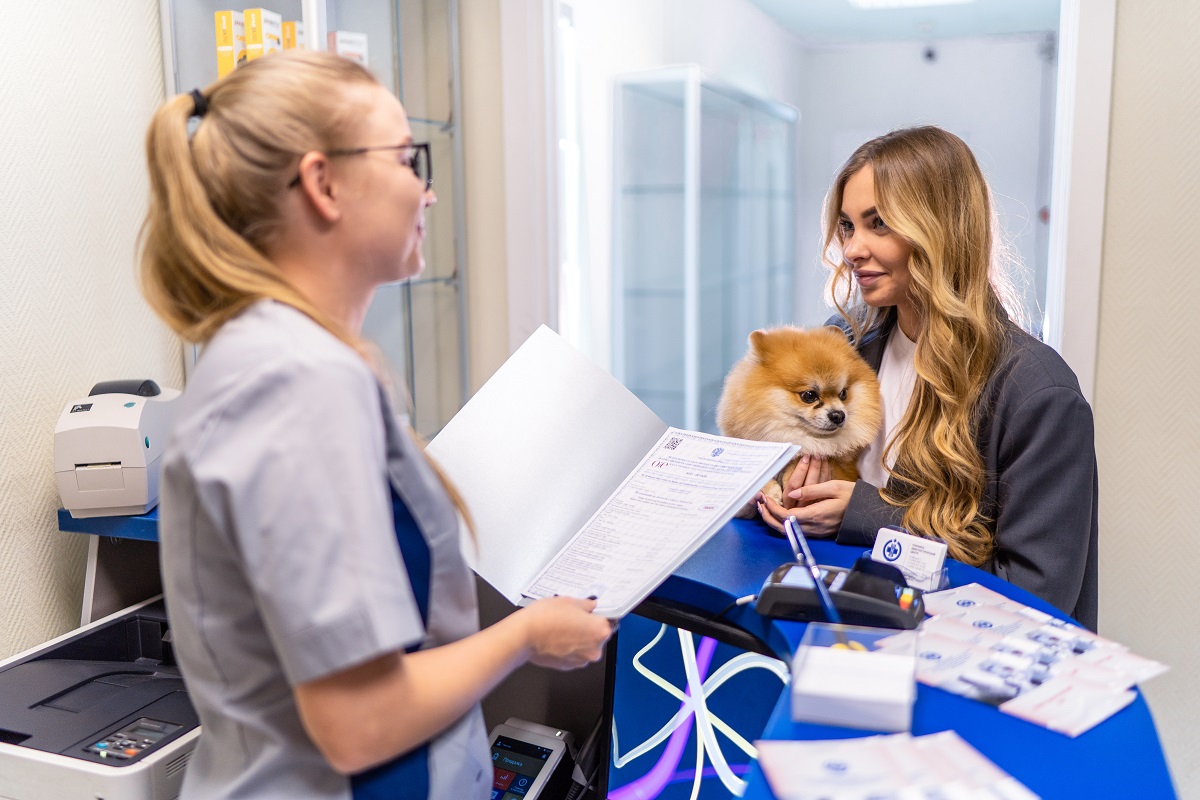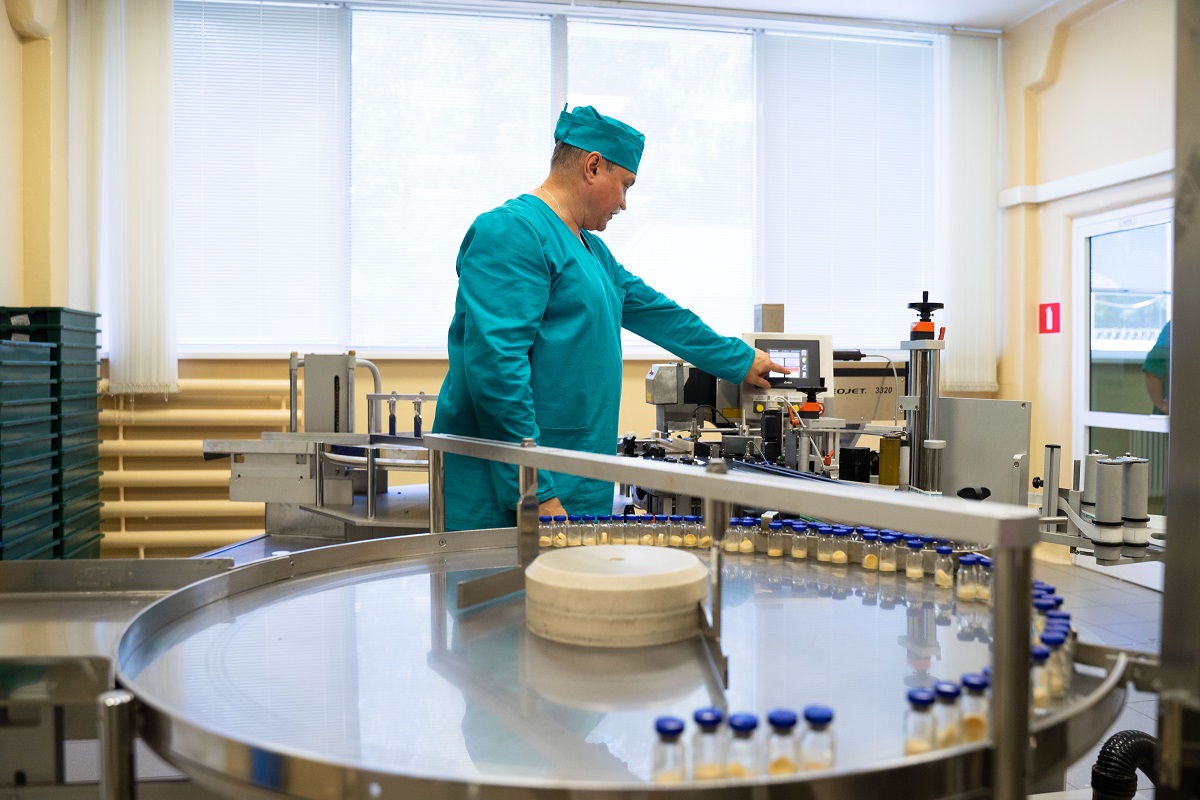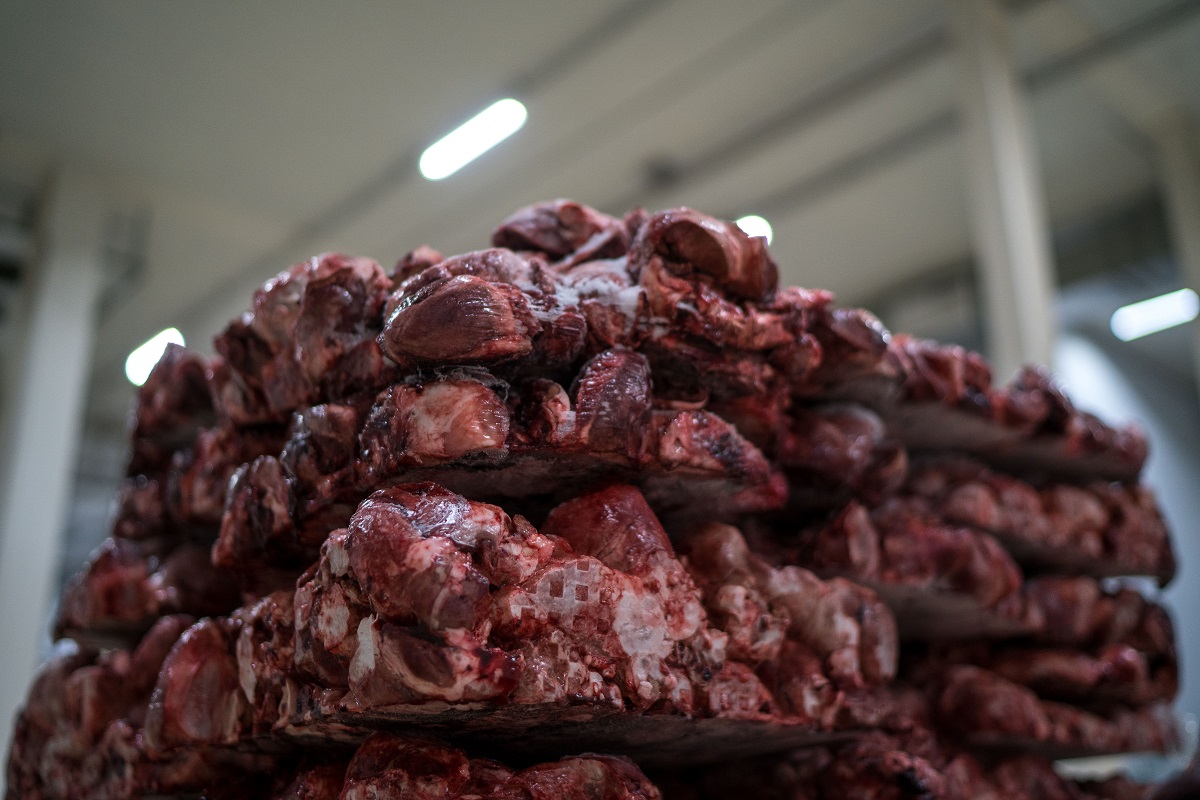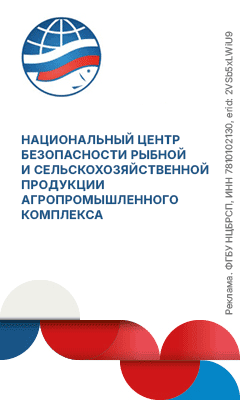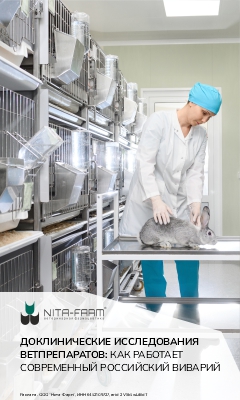“Thanks to the AI-based subsystem, considerably less time has been spent on data processing compared to manual processing,” Rosselkhoznadzor reported citing the Head of Rosselkhoznadzor Sergey Dankvert. "We are absolutely confident that we are moving in the right direction, and soon not only officials, but the consumer as well will be able to use his smartphone to trace the entire food chain from field-to-fork,” said Sergey Dankvert.
According to Sergey Dankvert, collaboration with SberBank will help create the world's first online service which the consumer will use to buy a product based on the product’s safety and reliability of the manufacturer.
“The AI-based subsystem developed by the specialists of SberAnalytica will enable to increase the volume of electronic accompanying documentation by 5 thousand times, detect more violations in the livestock sector, and speed up processing times by several million times,” explained the regulator.
It is planned that a user-friendly software interface will be launched in 2022, added Rosselkhoznadzor.
The spokesperson for Rosselkhoznadzor added that, currently, the artificial intelligence technology independently detects 30 types of violations in the sale of products, i.e. discrepancy between the raw materials volumes and product volumes, absence of confirmation on the receipt of products at destination under the electronic veterinary accompanying documents (eVAD), illogical movement of goods, creation of fake production chains to increase production volumes at each production stage, sham production sites etc.
“For instance, the AI enabled to uncover that on January 25, 2022, OOO Zavolzhskoe Moloko produced 200 tons of butter 82.5% fat content from 40 kg of butter 72.5% fat content, that was, in fact, manufactured using raw materials of unknown origin,” said the spokesperson for Rosselkhoznadzor.
In addition, the artificial intelligence can assess production deadlines, select illogical ones and provide them for analysis with the Rosselkhoznadzor inspectors.
Totally, the electronic system FGIS VetIS processes around 500 thousand electronic veterinary accompanying documents (eVAD) per hour, whereas the monitoring teams can manually process 0.02 percent of the total eVAD.
“Currently, the subsystem is able to detect violations during eVAD processing through artificial intelligence with an accuracy of 90 percent,” noted Rosselkhoznadzor. The regulator added that the new technology will help to minimize the risks from counterfeit and adulterated food products entering the market, ensure the biological safety of raw materials including products made from raw materials, and increase the attractiveness of the Russian exports and domestic demand.


